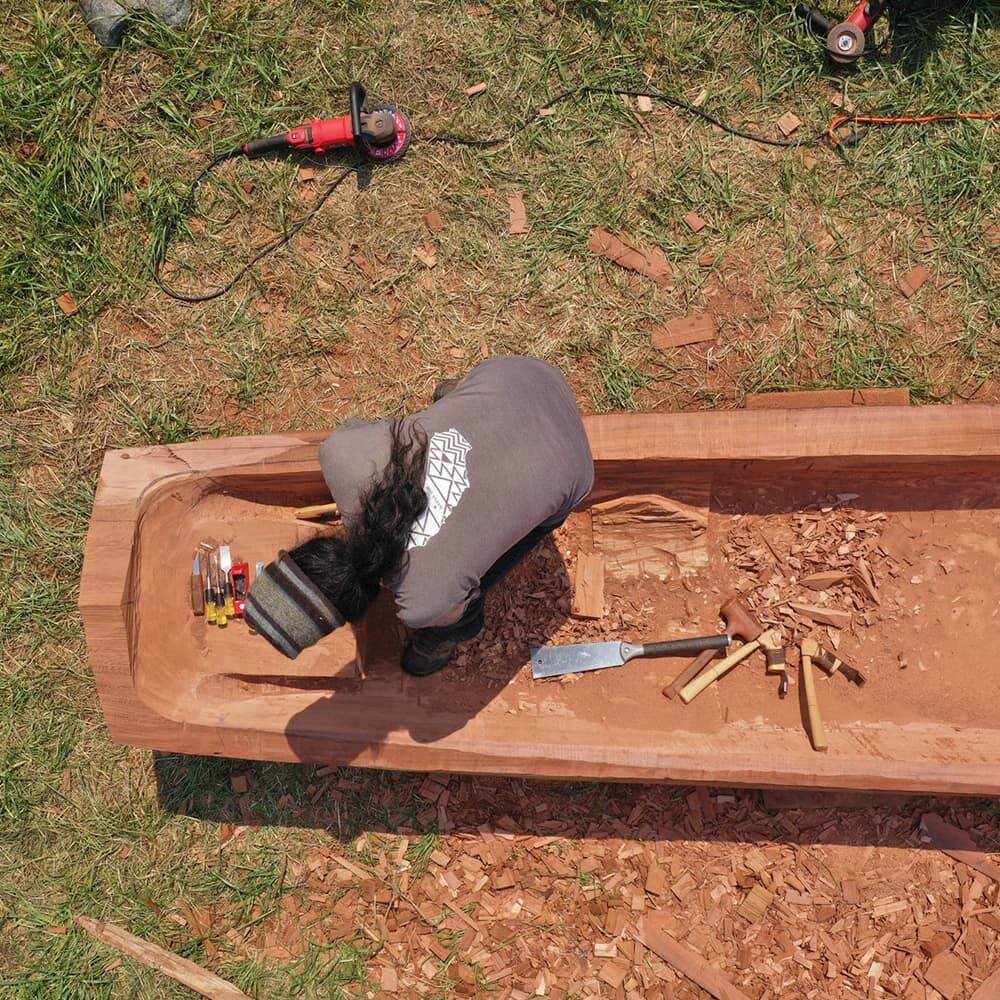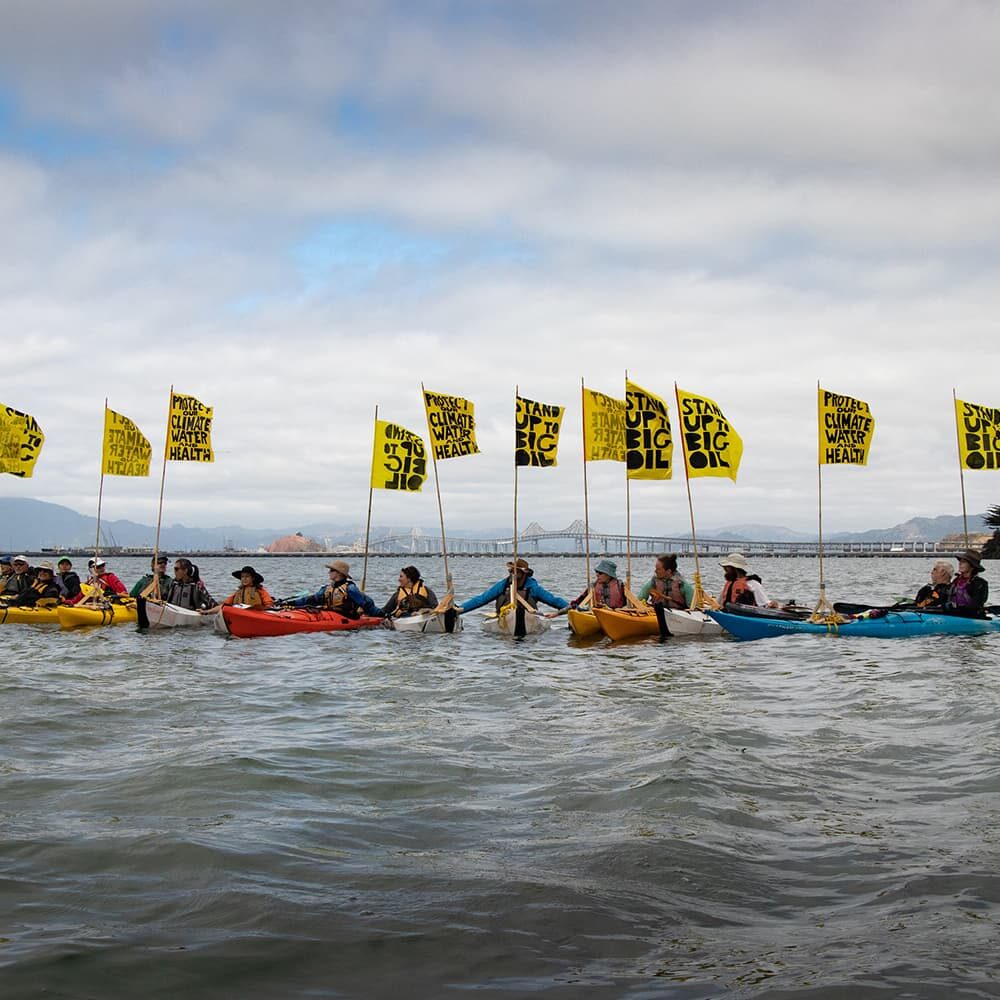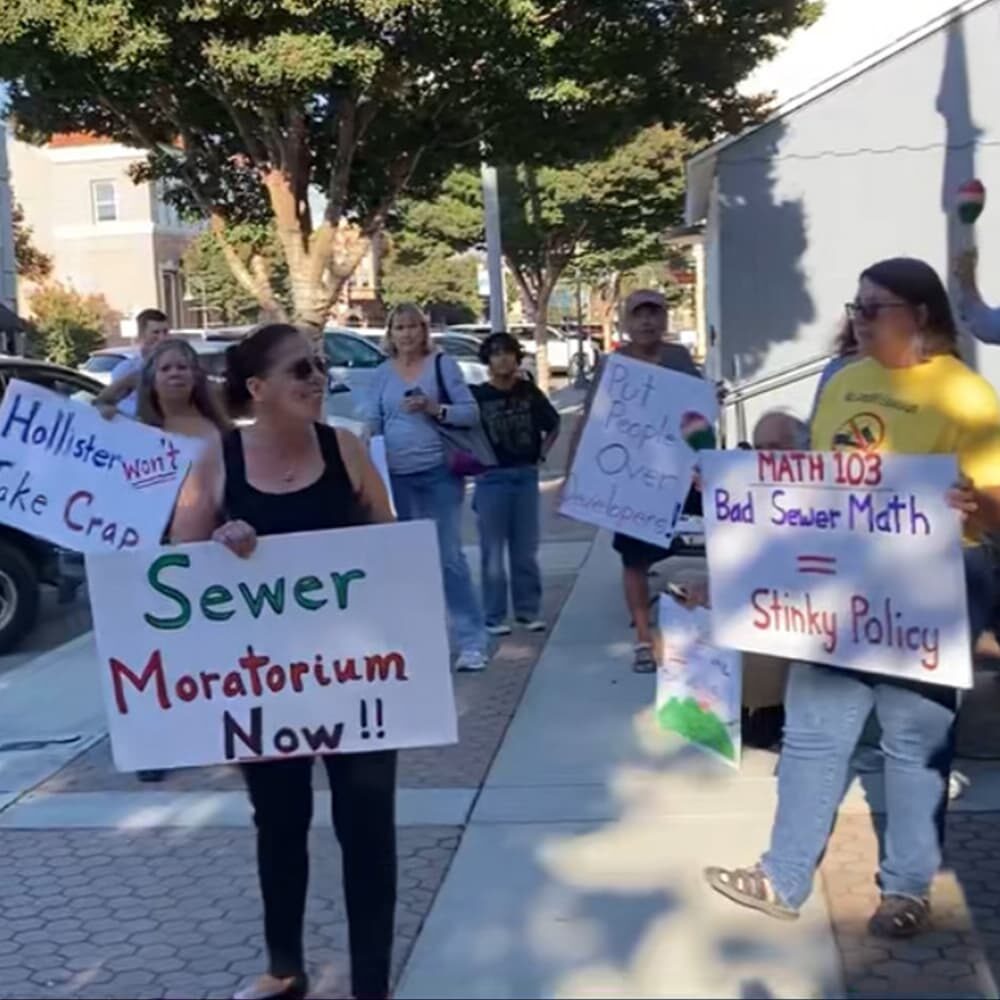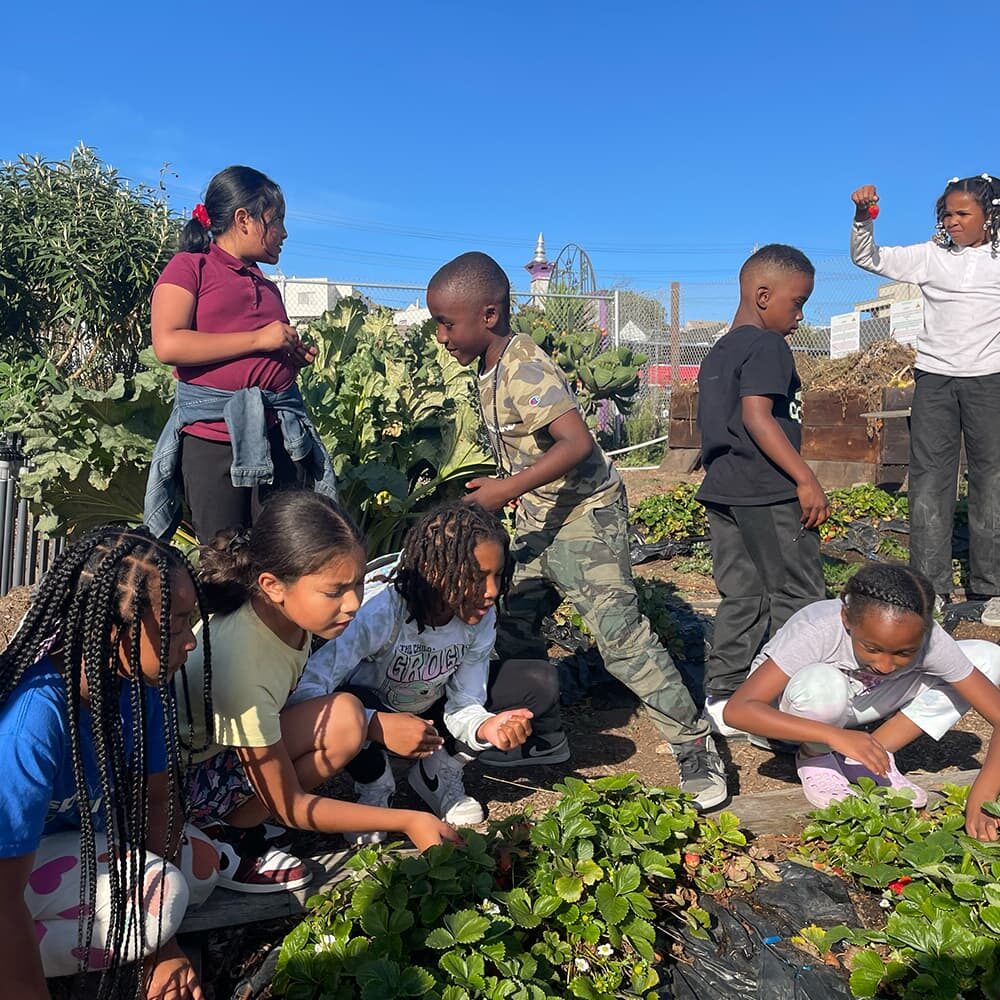Pacific Northwest Grassroots Fund
The Pacific Northwest Grassroots Fund is a new fund that supports small and emerging local groups throughout the PNW who are building climate resilience and advancing environmental justice. Grassroots Fund grantees tackle the toughest environmental problems facing their communities from toxic pollution, urban sprawl, sustainable agriculture, and climate advocacy, to the environmental degradation of our rivers and wild places and the health of our communities. They are rooted in the communities they serve and committed to building the environmental movement through broad outreach, engagement, and organizing.
The Fund prioritizes groups that serve & represent historically marginalized or impacted communities, especially BIPOC, frontline, and low-income communities; as well as organizations whose work is not just having a meaningful impact in their own communities, but who are thinking strategically about how their work fits into the larger landscape of environmental challenges we face today.
The Fund’s mission is to bridge the significant gap between grassroots environmental groups and the traditional funding patterns of organized philanthropy by awarding small grants ($7,500 or less) to small organizations that are underserved by most foundations’ funding strategies.
Rose Foundation ofrece la opción de completar la solicitud del Grassroots Fund (fondo de financiación de Liderazgo Grassroots) en inglés o español. Si prefiere completar su solicitud en español, por favor envíe un correo electrónico a grants@rosefdn.org.
Fund Details
Maximum Funding Request:
Up to $7,500
THIS FUND IS CLOSED FOR 2025. WE HOPE TO REOPEN FOR NEW PROPOSALS IN EARLY SPRING OF 2026.
Important Dates:
The PNW Grassroots Fund is currently by invitation only, however, we will consider new proposals on a rolling basis.
Let’s Connect:
Have questions or want to book a consultation? Connect with Tim Bell, tbell@rosefdn.org.
Eligibility And Priorities
- Annual income or expenses of $150,000 or less.
- Applicants may be a nonprofit, be fiscally sponsored by another nonprofit, or ask for fiscal sponsorship from the fund.
Project impact must be within Washington, Oregon, or Idaho.
- Initiatives working on environmental health and justice, climate advocacy and resilience, land management and urban sprawl, habitat and wilderness protection, water resources, sustainable agriculture, and pollution and toxics.
- Activities such as community-based advocacy, litigation, restoration, community organizing, grassroots campaigns, and environmental education.
- Movement–building: Groups building broad community support and engaging in effective public outreach.
- Impacted and Underserved Communities: Groups that serve and represent historically marginalized or impacted communities, especially BIPOC, frontline, immigrant, and low-income communities.
- Community-Oriented: Organizations grounded in the communities they serve and addressing important local problems.
- Big Picture Vision: Organizations who are thinking strategically about how their work fits into the larger landscape of environmental challenges we face today.
- Climate Resilience and Environmental Justice: We see these as the priority issues of our time, and as deeply interconnected. The same extractive systems that have caused our climate crisis have heaped disproportionate harms on marginalized communities. Sustainable solutions must come from the communities that have born the most harm. On a practical level, these priority areas encompass a wide scope of work, from fighting to protect our forests and natural biodiversity, planning for sustainable and equitable management of our water resources, reimagining our food and transportation systems, and addressing the disproportionate effects of pollution and climate impacts on poor, BIPOC, and immigrant communities.
- Maximum grant award is $7,500 and typical grants range from $4,000-7,500.
- All grants are for general organizational support.
- Grants are for a one year period. In order to make space for emerging new organizations, after three years of funding, groups must wait a year before reapplying.
- Organizations whose proposals are rejected may re-apply after six months.
- Organizations that are funded may re-apply after one year if their report form has been submitted and accepted.
- Capital campaigns, annual fundraising appeals, government agencies, colleges or universities, and individuals.
- One-day or weekend events and festivals because of the short-term nature of events, and difficulty in measuring the long-term impact.
- Supporting or opposing political candidates (nonprofits are banned from supporting or opposing any candidate running for elected office, or supporting any political parties).
Steps To Apply
Please read these instructions carefully and follow them step by step.
Review Eligibility Criteria and Application Materials
Please read the eligibility criteria and priorities above before starting an application.
The PNW Grassroots Fund is currently by invitation only, however, we will consider new proposals on a rolling basis. For more information about the status of Grassroots funding and to be considered for funding, please contact the PNW Program Officer at tbell@rosefdn.org.
FAQ
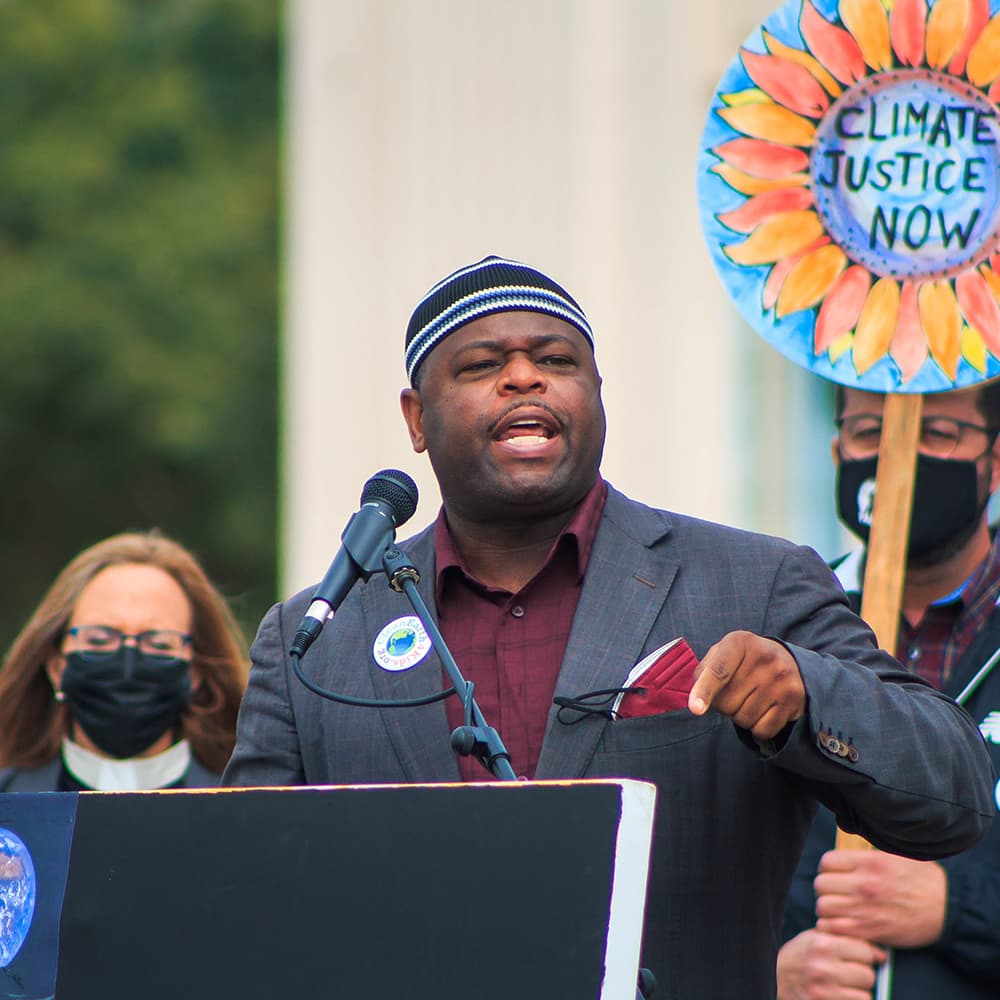
We will acknowledge the receipt of your application via email once it is submitted. If you do not receive this confirmation, please contact us.
Notices of funding decisions are sent 8-9 weeks after the application deadline. If your application to the PNW Grassroots Fund is successful, you will have a check in hand 10 to 12 weeks after the deadline date.
If your group is awarded a grant, you must provide a short final grant report within one year of receiving the money and before your group can receive additional funding. Please log on to our online application system and submit your report there.
View the application questions here.
Be ready to include the following attachments when you fill out the application online:
- Organizational budget for the current year.
- Organizational income statement from the most recently completed fiscal year.
- You may use our combined Budget & Financial Template, or attach your own.
- List of board of directors, advisory board, or steering committee members – for applicant organization, not fiscal sponsor.
- List of key staff and/or volunteers – for applicant organization, not fiscal sponsor.
Optional Additions:
- Letter of support (1 letter, maximum of 2 pages – recommended).
- Press clippings and/or pictures.
- Newsletters or other publications.
If you need help putting together a budget or financial statement please take a look at our How-To sheet, here.
You may use our combined Budget and Income Statement Template, or attach your own.
Helpful hints:
- If you are close to the end of your fiscal year, please give us the budget for the upcoming year if you have it.
- Please make sure to indicate what time period your financial statements cover.
- The budget and financial statement should be for the applicant organization, not your fiscal sponsor.
Si, Rose Foundation ofrece la opción de completar la solicitud del Grassroots Fund (fondo de financiación Grassroots) en español. Si prefiere completar su solicitud en español, o tiene preguntas, por favor envíe un correo electrónico a aheying@rosefdn.org.
Meet Past Grantees
From grassroots community organizers to groups with nation-wide reach, meet the changemakers supported by Rose grants.
Take the next step
Do you still have questions about this application process or need additional support from Rose Foundation staff? Here are some helpful resources.
Helpful Resources
Stay Connected
Change is happening! Receive updates on grantee successes, upcoming grants, and opportunities to make a difference. Join our community and be a vital part of the environmental justice movement.
